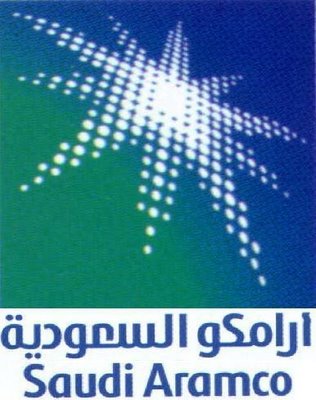 Japan and Saudi Arabia signed a contract on Tuesday allowing the Kingdom to store its crude for commercial use in Japan, the Embassy of Japan announced here Wednesday.
"This agreement inked in Tokyo is in exchange for prioritizing the supply of crude in an emergency," Sumio Iwai, minister and deputy chief of mission at the Japanese embassy told Arab News here on Wednesday.
Japan Oil, Gas and Metals National Corporation (JOGMEC) and Saudi Aramco agreed on a tank-lease agreement. This is based on the basic agreement between the Agency for Natural Resources and Energy (ANRE) and Saudi Aramco.
Under the deal, Saudi Aramco will lease tanks in Okinawa with a capacity of 600,000 kiloliters (3.77 million barrels) from Japan Oil, Gas and Metals National Corporation for three years starting December to store crude oil, Jogmec said.
Following the deal, the maiden Saudi cargo on a VLCC will arrive in February, Iwai said .
The idea was first proposed when then Japanese Prime Minister Shinzo Abe visited Saudi Arabia in 2007.
The project is expected to enhance energy security because it provides a priority supply for Japan in the event of an emergency situation, and strengthens the strategic friendship between Japan and the Kingdom, on which Japan depends for about 30 percent of its crude oil supplies.
Platts, a provider of energy and metals information and a source of benchmark price assessments, reported earlier this year that Saudi Arabia may opt to store up to three VLCCs worth of crude in Okinawa, which would allow it to have surplus supply capacity for the fast-growing Asian market, given Japan's falling domestic oil demand.
The Japanese government has storage capacity in tanks leased from local refiners of around 31 million barrels at two separate facilities, the smaller of which can hold 4-5 million barrels.
According to the latest Japan's Ministry of Economy, Trade and Industry (METI) forecast, Japan's domestic oil products demand is set to fall to 160.80 million kiloliters (2.77 million bpd) in fiscal 2014-15, down 12.5 percent from an estimated 183.75 million kiloliters for the current fiscal year ending March 31, 2011.
In 2009, Saudi Arabia was the largest crude supplier to Japan, supplying 1.092 million bpd of crude, accounting for 29.9 percent of the country's total crude imports of 3.65 million bpd in the year, according to METI data.
The UAE was the second-largest crude supplier, supplying 779,876 bpd of crude, or 21.4 percent of the country's total crude imports, METI data showed.
In June 2009, Japan struck a similar crude storage deal with the UAE when METI and Abu Dhabi's Supreme Petroleum Council signed a basic agreement on storing the emirate's crude in Japan.
Under the agreement, the first of its kind, Abu Dhabi can use Japan's crude storage tanks for commercial purposes in exchange for prioritizing the supply of crude to Japan in an emergency.
The Abu Dhabi National Oil Company subsequently signed a three-year contract in December last year with refiner Nippon Oil to store its crude at Nippon Oil's 620,000 kiloliter terminal in Kiire, southwestern Japan.
Saudi Arabia exports more than 50 percent of its output to Asia, where it expects to see more energy demand growth than in its former traditional US and OECD markets.
In a further sign of this shift, Saudi Aramco last December relinquished its Caribbean storage in St. Eustatius to PetroChina. |